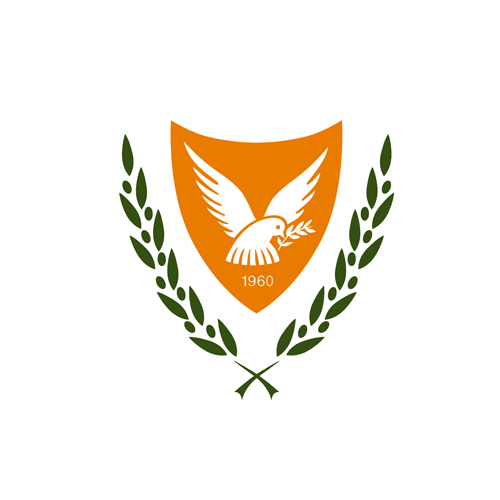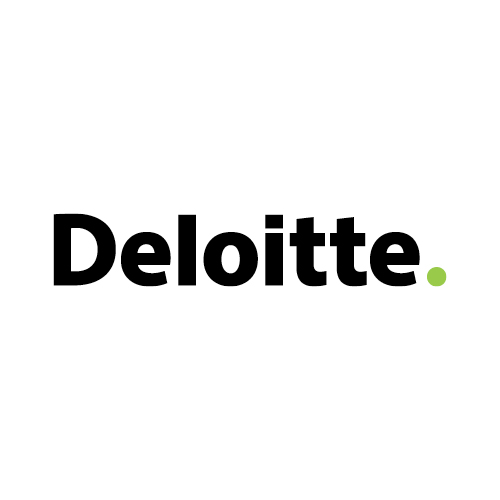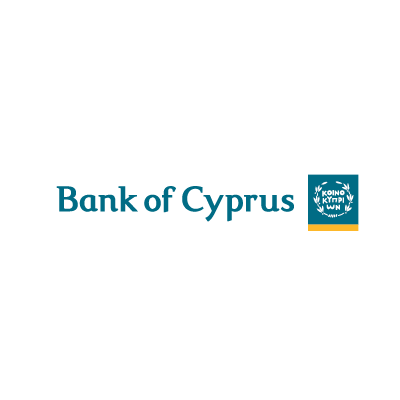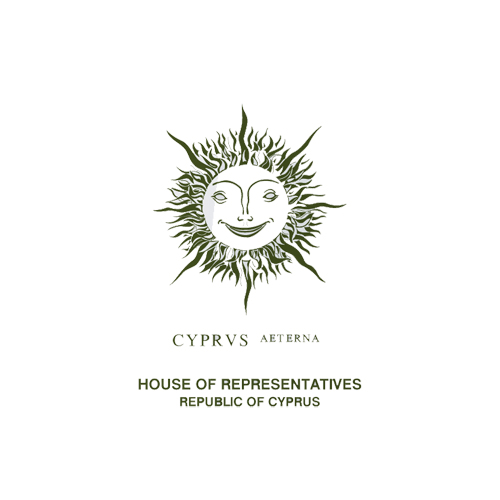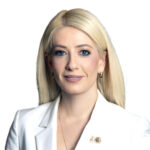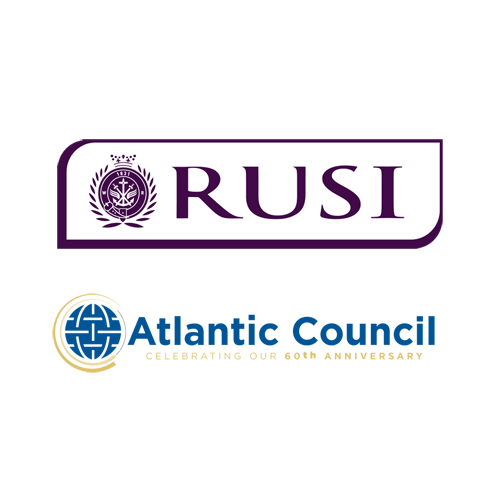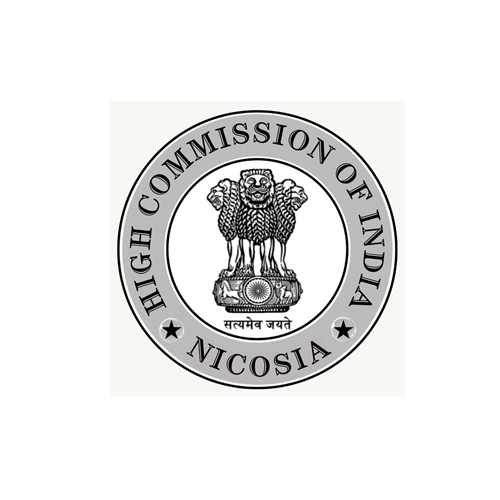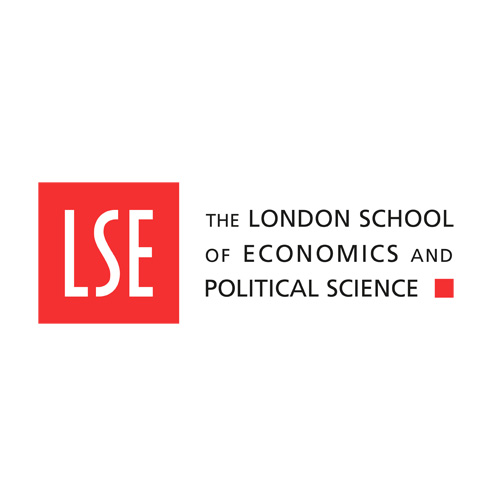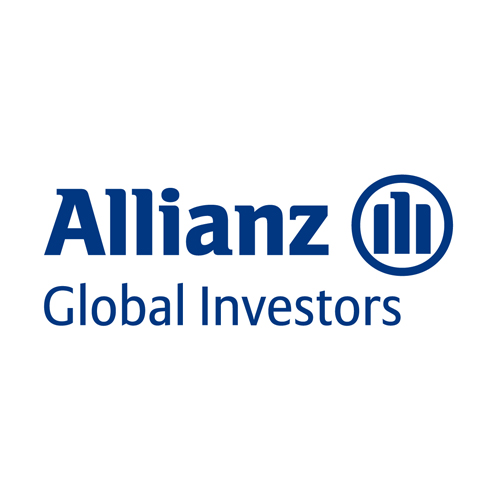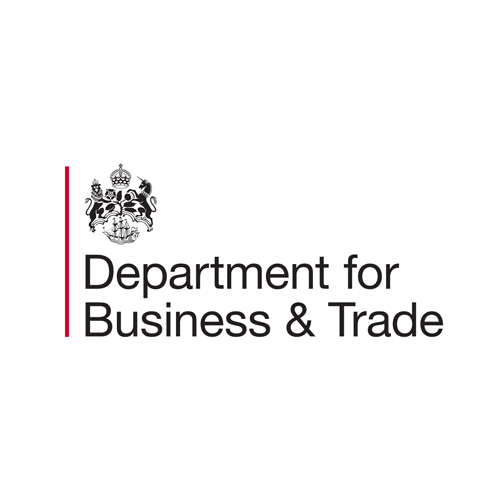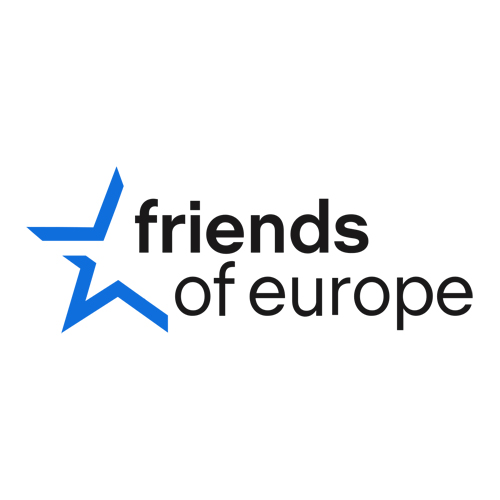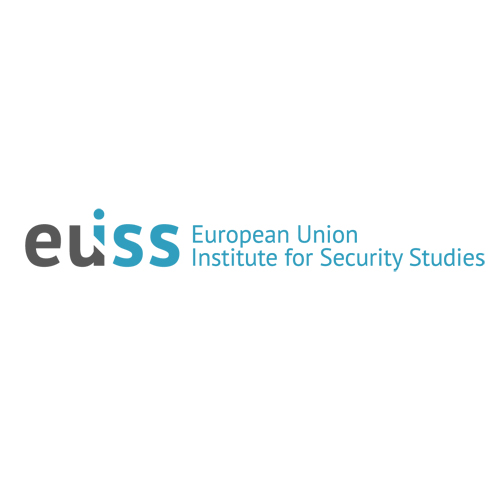Previous Agenda
Session 1: “The world on fire…” Impact on Business
Exploring how Cyprus is using reform, investment, and institutional integrity to build a more robust, innovation-ready economy amidst a rapidly shifting global landscape.
Businesses are adapting to disruption: inflation, geopolitical risks, global wars, regulatory change, and technological transformation are reshaping global markets. Leaders must innovate, build resilience, and grow while navigating uncertainty.
- How is business affected by the global political, diplomatic and economic upheavals?
- How can businesses shield themselves, plan for the future and thrive in these uncertain times?
- How do business leaders view Europe’s efforts to be relative in the new world order?
- How do business leaders view Europe economy, competitiveness and business environment?
Session 2: Geopolitics – Diplomacy & International Relations
The global diplomatic landscape is in flux. A fragmented world order is reshaping alliances, redrawing economic blocs, and testing the resilience of international institutions. Europe faces the challenge of integration and global leadership, the US reassesses its foreign policy, Russia’s trajectory remains uncertain, and China seeks to expand its global role. From Ukraine to the Middle East, today’s crises carry profound geopolitical and economic ramifications.
- How can Europe emerge as a cohesive global actor and step up its role in international relations & global economics?
- Can Europe develop a unified foreign, defense & security policy? How realistic is a European Defense Union?
This presentation will examine how shifts in the global balance of power — including the rise of China and the middle powers, the weakening of post-WWII institutions, and the evolving role of the United States — highlight the urgent need to redefine the international toolkit for war-fighting, peace-making, and economic statecraft. Drawing lessons from the war in Ukraine and the recent turmoil in the Middle East, it will argue for a purposeful multilateral effort to redesign the international security architecture to meet the challenges of the AI era.
“Diplomacy in a Fragmented World: National Perspectives on Global Shifts”
Ambassadors from key nations will provide their perspectives on the evolving global order. The panel will highlight diplomatic priorities, security challenges, and opportunities for cooperation in a multipolar world, while reflecting on the role of Europe and Cyprus in this changing landscape.
- Hope for peace in the Middle East. Will the new peace plan work
- Views and position on the war in Ukraine and its international implications.
- The new economic world order. Trump’s tariffs policies. The role of China and India. The role of Europe
- Cyprus’ strategic position as a diplomatic and regional hub.
Panellists:
Session 3: Global & European Economics
The global economy is being reshaped by geopolitical conflict, trade wars, fiscal reforms, and energy transitions. Emerging markets and new institutions are challenging the G7-centered order. Europe faces the challenge of balancing competitiveness, fiscal stability, and green ambitions while navigating turbulence.
Larry Kramer in conversation with… Yousef Gamal El-Din
- The decline of neoliberalism: what comes after?
- Welfare state vs. state-led capitalism: lessons for the future.
- Can a new global economic consensus emerge?
- Implications for trade, growth, and governance.
Europe’s economy is navigating competing priorities: fiscal reforms, competitiveness gaps, green transition, and energy stability. This panel will assess whether the EU can sustain growth while adapting to global power shifts.
- How will the global economy look in 2026 and beyond? The global consequences of trump’s economics (tariffs, protectionism etc.)
- Europe’s economic future. Competitiveness gaps, fiscal constraints, the rise of Populism. How can Europe regain its economic power and embark on a path to sustainable growth?
- Has Europe gone too far with its Green Agenda? Balancing green ambitions with energy security and economic growth.
Panelists:
Sovereign debt levels are at historic highs. This session will reflect on whether debt can be managed sustainably or if it represents a looming risk to the global economy.
- Is sovereign debt the weak link of the global economy?
- Can debt be reduced without recession or higher taxes?
- Public investment vs. fiscal discipline: finding the balance.
Fireside Chat with…
In an age where geopolitics increasingly drives economic outcomes, this address will reflect on how shifting alliances, trade tensions, and energy dependencies are reshaping global markets. Drawing on the United Kingdom’s experience, it will explore how nations and businesses can adapt to uncertainty, balance openness with resilience, and chart a sustainable course through an era defined by disruption and transformation.
Session 4: Security & Defense
The return of war to Europe has reignited debates on the continent’s defense and security posture. Europe must reconsider its strategic autonomy, strengthen cooperation with NATO, and address new security risks in the Eastern Mediterranean and beyond. This session will focus on Europe’s evolving defense architecture in the face of conflict and instability.
Is NATO still a viable and dependable defence organisation for its European member states or does the disengagement from Ukraine and Europe’s security marked by the Trump administration now require Europe to create new and different security arrangements? If so, what would they need to look like and how can the EU make sure that important allies and partners like the UK, Norway, Canada and democracies in the Asia Pacific region are involved? In a time of strategic flux, how can Europeans preserve a viable transatlantic security link and if they will need to spend massively more on defence, how can they ensure that this money is spent wisely through more and better multinational cooperation and in a way that not only improves the continent’s defences but also its longer term scientific and technological base and the broader development of the economies and infrastructure of EU member states?
In a fragmented geopolitical landscape, Research and Innovation has become a key strategic asset. As Europe’s expanding ecosystem of universities, RTOs, and SMEs gains geopolitical significance, awareness of risks such as intangible technology transfer and illicit diversion remains limited. The EU Economic Security package must strike a careful balance — promoting dual-use innovation in emerging and disruptive technologies (EDTs) while safeguarding against malicious foreign interference through robust research security and export controls.
The European Union has become a more relevant actors in security and defence over the past decade, with an acceleration since Russia’s invasion of Ukraine and more demands for European action since the re-election of Donald Trump in the US. But what can the EU currently do on security and defence? Where is the value added of the Union for Member States, as opposed to working separately and selectively? What obstacles remain to turn the ambition into reality? What is the role of continued support for Ukraine, and where can increased cooperation with Kyiv turn the EU and its Member States into stronger security actors?
This panel will explore how Europe can rebuild its defense strategy and achieve greater resilience in an age of uncertainty, drawing on lessons from Ukraine, NATO-EU dynamics, and regional security concerns.
- What does “strategic autonomy” mean in practice?
- NATO-EU relations: complementarity or competition?
- Eastern Mediterranean energy and naval security dynamics.
- Lessons from the war in Ukraine for Europe’s defense posture.
- The role of the Middle East in Europe’s external security agenda.



